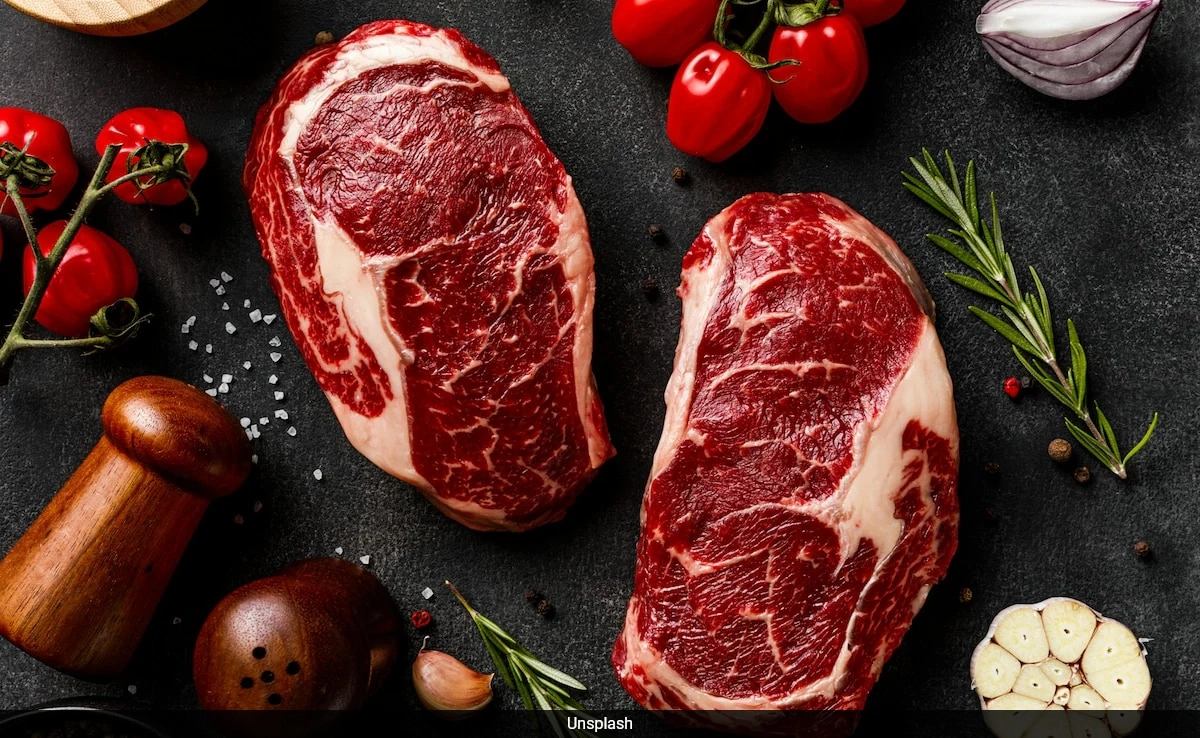A recent outbreak of a fast-spreading disease has ignited global health concerns, particularly spotlighting the risks associated with the consumption of red meat. Health experts are warning that this disease, which has shown a worrying ability to transmit from animals to humans, could pose significant health risks to consumers worldwide. The disease in question has rapidly emerged, with cases reported in multiple countries, raising alarms within the medical community and prompting food safety authorities to issue urgent advisories.
The implications of this outbreak are far-reaching, as red meat is a staple in many diets around the globe. As public health officials scramble to contain the spread, there are growing calls for consumers to reconsider their dietary choices. The disease’s transmission mechanism appears to be linked to the consumption of undercooked or contaminated meat, prompting recommendations for thorough cooking and heightened awareness of food sources. This situation has led to increased scrutiny of livestock farming practices and meat processing standards, with discussions centered around improving safety protocols to mitigate risks.
In addition to health recommendations, this outbreak could have economic ramifications for the meat industry, as consumers may turn away from red meat out of fear of contracting the disease. Farmers and meat producers are already feeling the effects, with some reporting a decline in sales and heightened regulations. As the situation evolves, it is crucial for individuals to stay informed about the risks associated with red meat consumption and to adhere to guidelines issued by health authorities. Ultimately, the outbreak serves as a stark reminder of the interconnectedness of human health, animal health, and food safety in our increasingly globalized world.




